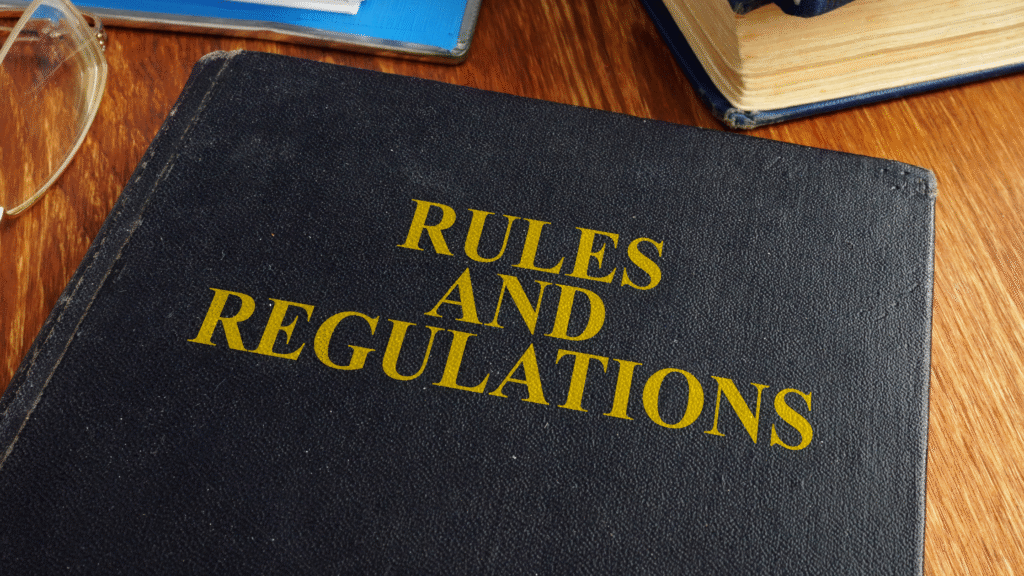At WJ Media Group, we work with clients in industries where compliance isn’t optional; it’s the framework for everything. From cannabis and CBD to plumbing and financial services, marketing in regulated industries means thinking strategically, operating within tight boundaries, and constantly adapting to changing platform rules.
Here’s what we’ve learned about what works for marketing in regulated industries and what gets you in trouble.
Strict Platform Policies Are a Moving Target
One of the biggest challenges is that the rules aren’t always clear. Platforms like Meta, Google, and TikTok regularly update their advertising policies, often without much notice. Terms like “CBD,” “cannabis,” or even “hemp” can trigger automatic ad rejections, regardless of legality at the state level.
Even technically compliant content can be penalized due to vague policy enforcement. Landing pages, product descriptions, and blog headlines can all be flagged for violations that weren’t explicitly defined. This uncertainty forces marketers to be cautious and proactive.
Paid Ads Are Limited or Prohibited
For many regulated businesses, paid advertising simply isn’t a reliable option. In cannabis and CBD, ads are often blocked outright. In industries like finance, ads may be restricted to specific keywords or require special account approval.
This forces a shift toward alternative strategies: ones that don’t rely on paid placements to drive visibility. Email marketing, content creation, and SEO become essential tools, not secondary add-ons.
Content Must Be Both Strategic and Safe
Content marketing plays a major role in navigating regulation-heavy industries, but writing content that ranks and converts while remaining compliant is a balancing act. Avoiding medical claims, respecting age restrictions, and using accurate terminology are all part of the process.
High-performing content tends to focus on education, not promotion. FAQ pages, how-to guides, and service explainers are safer and more effective than hard-sell language or product hype. Tone matters, too; informative and trustworthy always performs better than exaggerated or aggressive.
SEO Is No Longer Optional
In the absence of reliable paid ads, search visibility becomes a core growth strategy. Businesses in regulated industries need to compete in organic search, but SEO must also be executed carefully.
This includes:
- Using accurate but cautious keywords
- Structuring metadata that avoids triggering spam filters
- Maintaining transparent, user-friendly page layouts
Without a solid SEO foundation, businesses often find themselves invisible, even if their offerings are fully legal and in demand.
Local SEO Still Delivers Results
For businesses with physical locations, local SEO remains one of the most effective tools available. Optimizing Google Business Profiles, earning real reviews, and building citations help attract nearby customers without relying on ads.
Local SEO also tends to be less heavily policed, offering an opportunity to appear in searches without running into the same kinds of content restrictions common on larger ad networks.
Conclusion
Marketing in regulated industries requires more than good design or clever copy; it demands a full understanding of the boundaries, the platforms, and the risks. At WJ Media Group, we approach these challenges with care and experience, helping our clients build sustainable marketing strategies that respect the rules and still get results.
If you’re navigating one of these complex spaces, know that success is possible; it just takes a different kind of strategy.


